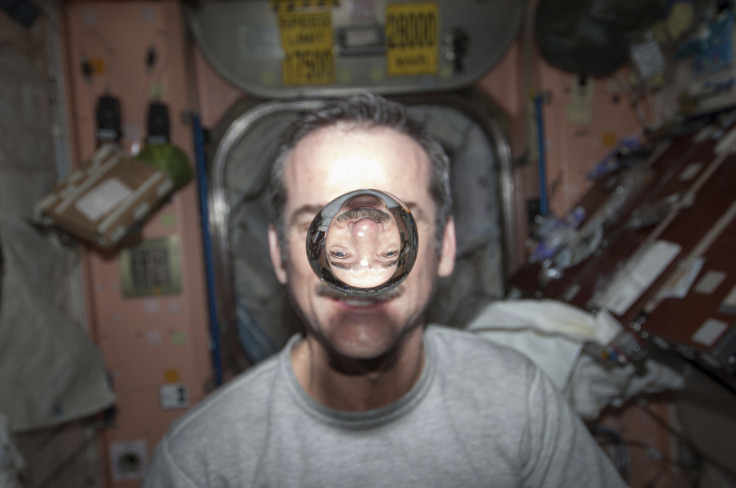US astronauts aboard space station consume recycled urine, but Russians do not

US astronauts on board the International Space Station (ISS) have resumed recycling their urine into drinking water after an unmanned Japanese craft carrying supplies successfully docked with the station on 24 August. The crew had been forced to suspend the process in July due to the expiry of the filters on the urine-processing system, which finally arrived on the Japanese craft after two failed supply missions.
First installed on the station in 2008, Nasa sees the urine filtration system as an important step forward in the station's development. This is because it would reduce the amount of water which would need to be brought up from Earth on costly supply-runs.
However, Russian crew members do not share their American colleagues' enthusiasm for recycled urine beverages and instead rely solely on drawing water from condensates – H2O captured and filtered from the crew's sweat, breath and shower runoff, along with urine from animals aboard the station. The Russian section of the station has its own water filtration system separate from the American one, according to Bloomberg.
The split is mainly the result of decades-old differences between the two sides over how best to disinfect water. While Nasa prefers iodine as its purifying substance, the Russians opt for silver, which in its ionic form is a powerful antimicrobial agent. But the US filtration system, which produces around 13.6 litres of drinking water per day, has a slightly greater output than the Russian one - because Nasa recycles the Russian crew's urine as well.
"We collect it in bags, and then the crew hauls it over to the U.S. side," Layne Carter, water subsystem manager for the ISS at Nasa, told Bloomberg. "We don't do 100% of the Russian urine. It depends on our time availability. It (recycled urine) tastes like bottled water - as long as you can psychologically get past the point that it's recycled urine and condensate that comes out of the air."
Carter added: "It really makes a lot of sense to have dissimilar redundancies in the space station in case one of the systems has problems." The space station carries around 2,000 litres of water in reserve for emergencies, split roughly between the American and Russian sides of the station.
© Copyright IBTimes 2025. All rights reserved.






















